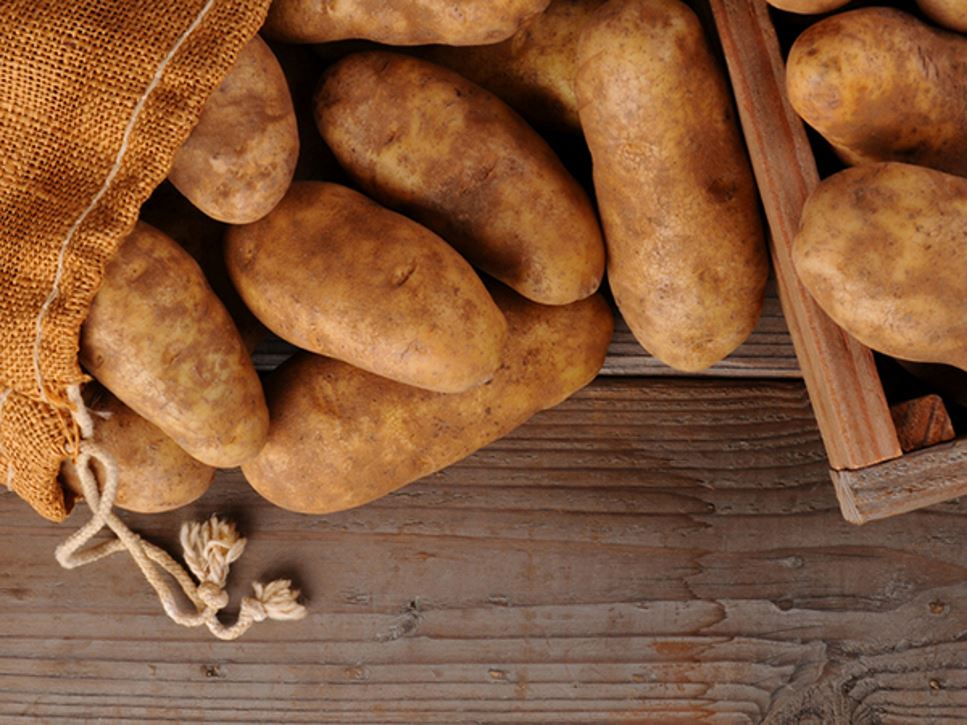Potassium is an essential nutrient. It’s found in many healthy foods, such as fruits, vegetables and dairy products. Food manufacturers also are required to include potassium content on the Nutrition Facts label for packaged foods.
Potassium is a mineral that, among other things, helps muscles contract. It plays an important role in managing blood pressure by limiting the effect of sodium. Potassium also may reduce the risk of recurrent kidney stones and bone loss as we age.
Potassium Recommendations
Guidelines issued by the National Academies of Sciences, Engineering and Medicine were recently updated to recommend males 19 and older consume 3,400 milligrams (mg) of potassium per day and females of that same age group consume 2,600 mg daily. Obtaining potassium from foods is preferred, so be sure to discuss dietary supplements with a health care provider before taking any.
Food Sources of Potassium
Potassium is found in a wide range of foods, such as leafy greens, tomatoes, eggplant, pumpkins, potatoes, carrots and beans. It's also found in dairy products, meat, poultry, fish and nuts.
To meet your daily potassium goal, consider adding some of these foods to your menu on a regular basis:
- 1 medium baked potato with skin: 930 mg
- 1 cup cooked spinach: 840 mg
- 1 cup cooked broccoli: 460 mg
- 1 cup cubed cantaloupe: 430 mg
- 1 cup chopped tomatoes: 430 mg
- 1 medium banana: 420 mg
- 1 cup raw carrot slices: 390 mg
- 1 cup low-fat milk: 350 to 380 mg
- ½ cup cooked lentils: 365 mg
- ¼ cup raisins: 309 mg
Including a variety of foods in your diet can help you meet your potassium needs for the day. It also can help you get other important vitamins and minerals that promote health.
References
Find a Nutrition Expert
Looking for credible nutrition information and recommendations? The Academy of Nutrition and Dietetics' network of credentialed food and nutrition practitioners are ready to help!

